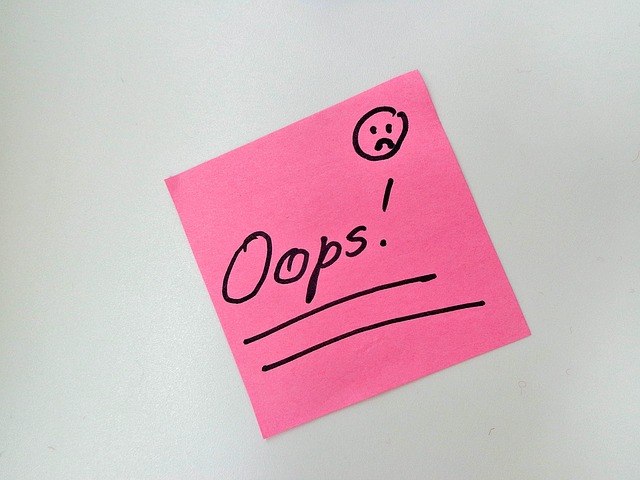
A group of genetics researchers in Italy has lost a 2014 paper in PLOS ONE for a range of image problems and a glaring conflict of interest.
The article, titled “Neuronal differentiation dictates estrogen-dependent survival and ERK1/2 kinetic by means of caveolin-1,” came from a team led by Luca Colucci-D’Amato, of the Second University of Naples.
The retraction notice in PLOS ONE lays out a raft of issues with the paper, for example:
Continue reading PLOS ONE realizes an academic editor had a conflict of interest that the publisher says it now tries harder to avoid






